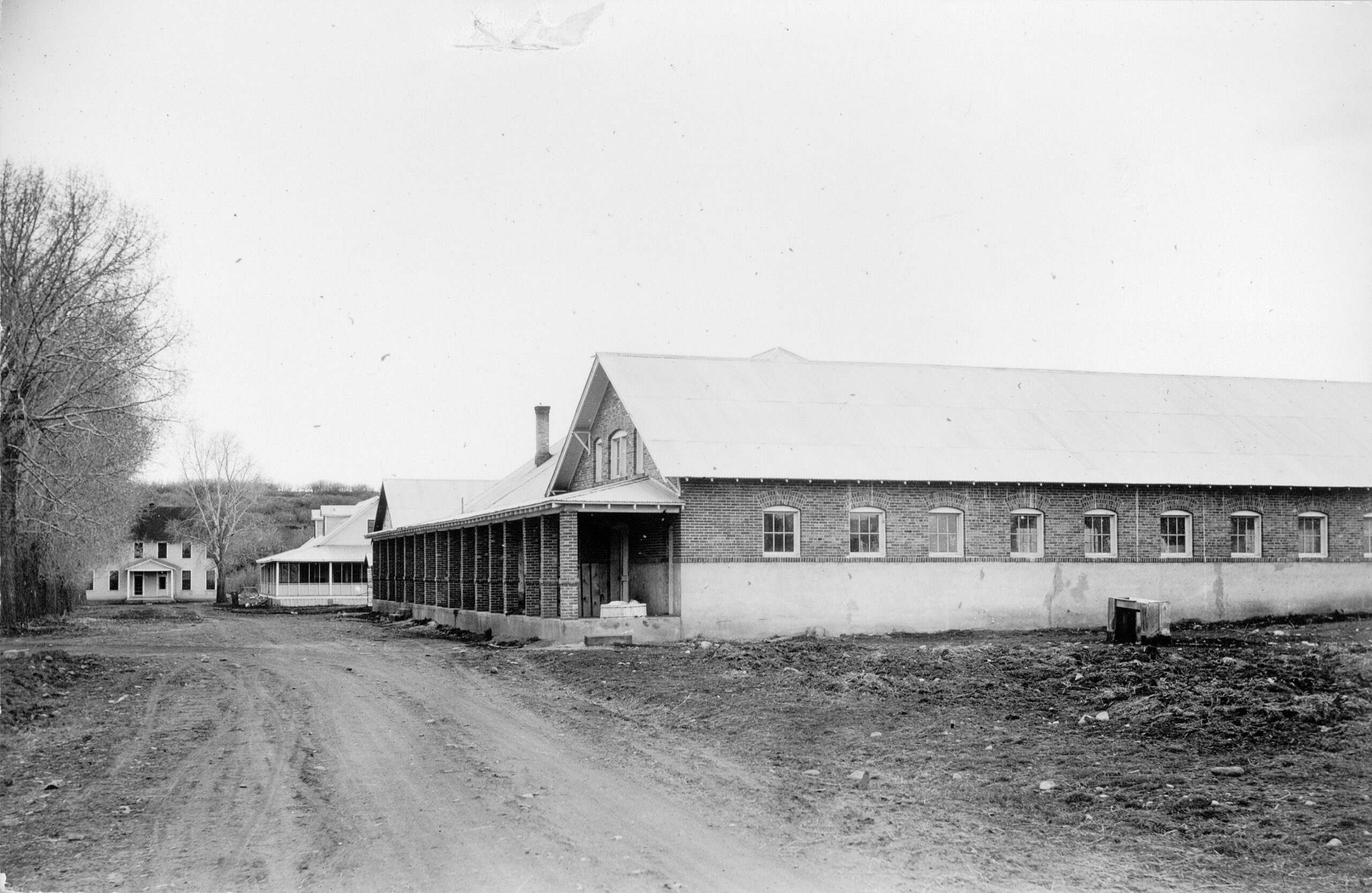Colorado Ute tribes, Fort Lewis consulted in process
History Colorado has fulfilled its legislative mandate under House Bill 22-1327 by releasing a comprehensive final report that promotes a greater understanding of the impacts of the Boarding School era in Colorado and investigates the lived experiences of students during this period. The report was prepared in consultation with the Southern Ute Indian Tribe, Ute Mountain Ute Tribe, Fort Lewis College, and other entities. The final report has been made publicly available on the History Colorado website. Tribal members may also access the report through the Tribal Member Experience.
The report sheds light on the egregious history of Federal Indian Boarding Schools across the United States. This era, unfortunately, saw education being used as a tool to eliminate traditional Indigenous language, culture, knowledge, and identity, primarily targeting children for assimilation.
“This report is a vital step toward acknowledging and understanding the painful legacy of Federal Indian Boarding Schools,” Southern Ute Tribal Chairman, Melvin J. Baker said.
The report provides an overview of HB 22-1327, a general history of Federal Indian Boarding Schools across the United States, a history of schools in Colorado with an emphasis on the Teller Institute and Fort Lewis Indian Boarding School, and the Ute experience with the federal education system. Out of respect for survivors, oral testimonies were not included as their trauma and emotions are not owed to the State of Colorado. This report does affirm the historical strength, resiliency, and love of the Southern Ute Indian Tribe and Ute parents to protect Ute children despite coercion, threats, and pressure from the federal government.
“It is History Colorado’s intention that providing these resources will assist in thoughtful discourse and reporting on this challenging subject in such a way that it reduces the harm and re-traumatization of the Indigenous communities connected to this painful history,” said Dawn DiPrince, President/CEO & State Historic Preservation Officer of History Colorado.
Additionally, the report addresses the sensitive issue of student deaths and potential burial sites, discussing matters of disease, abuse, and the burial of children. Readers are cautioned that this content may be triggering and emotionally disturbing. Southern Ute Behavioral Health is available to provide support at 970-563-5700. You may also directly contact Dr. Mary Young at 970-563-2370.
For media inquiries, please contact Tribal Council Affairs at 970-563-2313.
The final version of “Federal Indian Schools in Colorado, 1880-1920,” can be found online. History Colorado has provided the following documents to help contextualize and guide engagement with the full report:
- A summary of the report which provides synopsis of each chapter.
- An FAQ regarding the research led by History Colorado into the history of Native American boarding schools in Colorado.
- An instruction sheet to a public comment form created by History Colorado to gather feedback and questions from the public.

